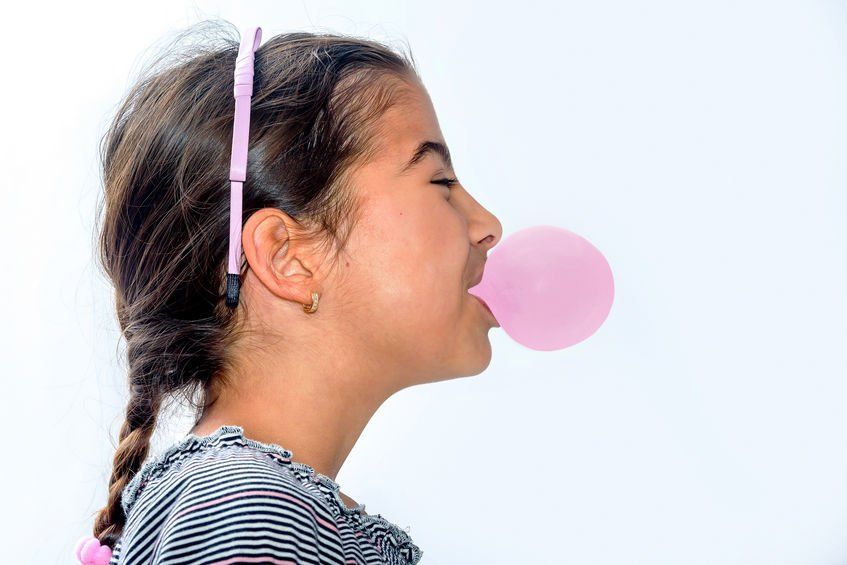Is Chewing Gum Bad For Your Dental Health?
- By Mary Marks
- •
- 29 Jan, 2020
- •

Chewing gum can be good for the health of your teeth, because it prevents the appearance of caries. However, there are certain observations to be made.
Bacteria feed on leftover food residues on the teeth after meals and even after a superficial tooth brushing. They metabolize sugars and produce acids, which in time attack tooth enamel, which leads to the appearance of caries. As such, not all types of chewing gum are good for your dental health and will lead to a visit to a local sedation dentistry for deep cleaning services. You must opt for sugar-free chewing gum, which dislocates the remaining food on the teeth and increases the flow of saliva a natural protective barrier for the teeth.
On the other hand, artificial sweeteners contained by sugar-free chewing gum can cause bloating, diarrhea or flatulence. Chewing the gum for more than 20 - 30 minutes after a meal can lead to gastritis. This is because chewing stimulates the secretion of gastric juice in the stomach, which also contains hydrochloric acid.
In conclusion, chewing sugar-free gum for not more than 15 to 20 minutes after your meal can contribute to cleaning the teeth and preventing tooth decay. But be careful: chewing gum does not replace tooth brushing and the use of dental floss in maintaining the hygiene of the oral cavity.





Although oral sedation dentistry Highlands Ranch is one of the optionsavailable for managing anxiety and discomfort during oral surgery, you certainly do not need to use it all the time. As a matter of fact, the exact type of sedation or anesthesia that you receive during oral procedures may depend on various factors, such as the complexity of the procedure, your medical problems, as well as your doctor’s preferences.
There can be several different levels of sedation that can be used in oral surgery. Local anesthesia is one of them. This involves injecting anesthetic medication into the specific area where the surgery will take place. It numbs the area and is often used for less invasive procedures.
Oral sedation involves taking medication in the form of a pill to induce a state of relaxation and drowsiness. The patient is still conscious, but he/she may not be fully aware of the procedure. At any rate, sedation helps him/her get rid of anxiety.
In the case of intravenous sedation, medication is administered through a vein, which induces a deeper state of sedation than oral sedation. Patients may still be conscious, but they are less aware of their surroundings and may not remember the procedure.





